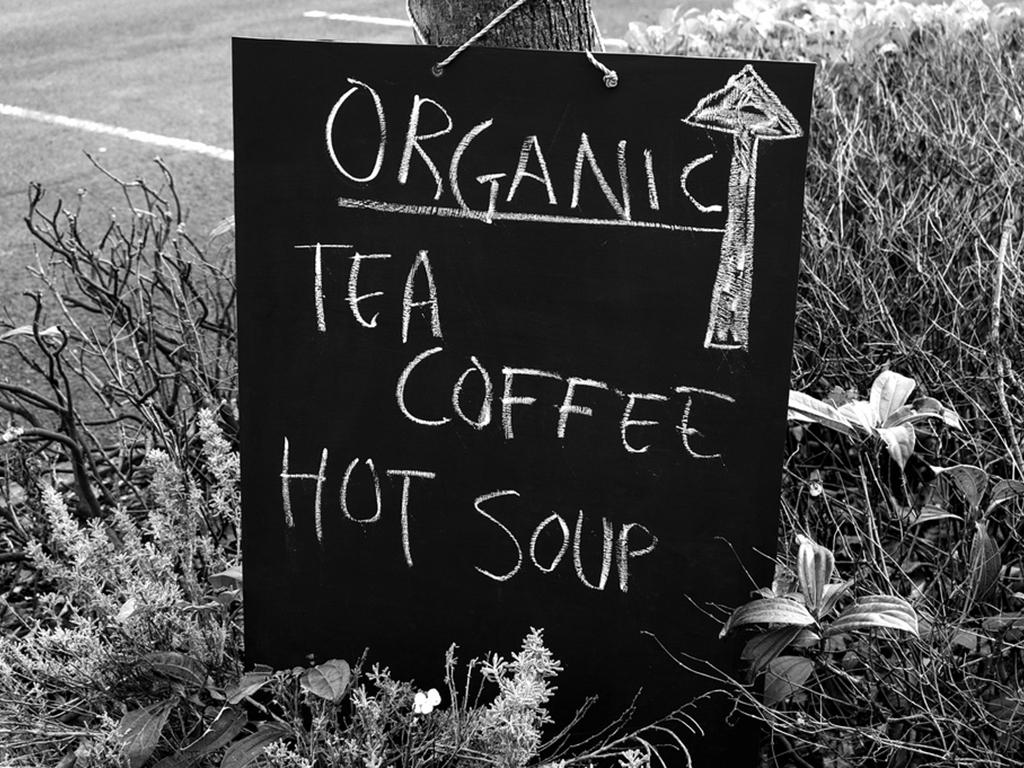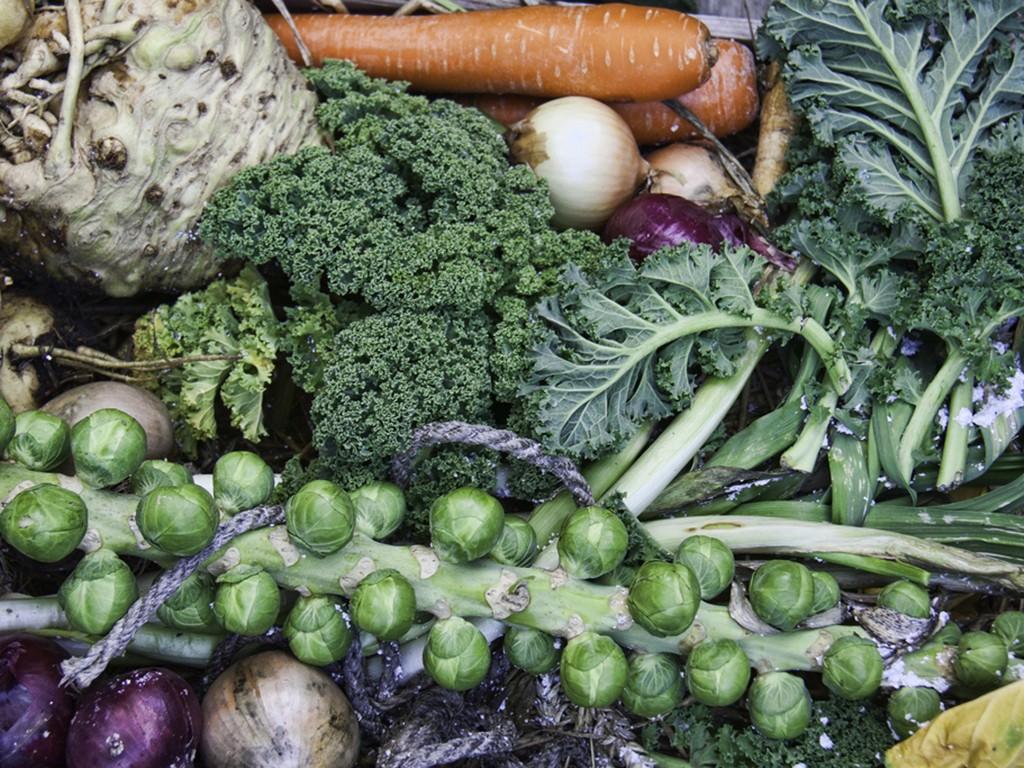5 Mins Read
Debates about whether organic foods are worth it continue to rage on. On one hand you have those that believe all all foods should be grown naturally and promote buying organic as the healthier and safer option. On the other hand, you have those who argue that it is simply not feasible to produce the volume of food required to feed the world without a little help from science. Last week, we delved into the controversies surround organic food and why it is such an important choice. This week we want to quickly recap the pros and cons- below we review the arguments made all across the media for and against organic so that you can make an informed decision and be a shopper in the know. Warning: there are no easy answers in this post. Like with most things in life worth talking about, it’s a mixed bag.
The Pros: Why Choosing Organic Food Makes Sense
It’s Fresher
Fresh food tastes better. Organic food is fresher and more flavorful because it free from added preservatives (regulations prevents them being added, unlike in conventional produce) and usually travels a shorter distance to get to you. Organic produce is often (but not always, depends on where it comes from) produced on smaller and even local farms near where it is sold, which also reduces its carbon footprint. This can be true in Hong Kong (we have a growing number of organic farms) and untrue (we buy a great deal of imported organic produce).
It’s Tastier
Fresh food makes for tastier food. Those preservatives that help make food last longer? They also kind of ruin the taste of food, resulting in bland strawberries and waxy lettuce, to name some of the effects. You don’t need to worry about this with organic food- without all the yucky, fresh produce’s natural taste can shine through. Also, organic food tends to be seasonal, and eating foods in season makes a huge difference in taste- anyone who has ever taste a peach in summer can attest to that.
It Has No Synthetic Pesticides
Pesticides are chemicals such as fungicides, herbicides, and insecticides. These chemicals are widely used in conventional farming and their residues are present in the food we eat to varying degrees.
It’s GMO-Free
Genetically Modified Organisms (GMOs) or Genetically Engineered (GE) foods are plants or animals whose DNA has been altered in ways that cannot occur in nature or in traditional crossbreeding in order to make it pest resistant or in order to yield more crops or in order to prevent disease. At this time, we do not know the full effects on our bodies and on our health of consuming GMO foods in the long term.
It’s Kinder To The Planet
Organic farming practices are far more environmentally-friendly. They help to reduce air and water pollution, to conserve water, to reduce soil erosion and increase soil fertility among other things. Organic farmers also tend to consume less energy overall, waste less, recycle more and pollute less- all important actions that can help ease our energy requirements and lessen the effects of climate change.
It Protects Biodiversity
Organic farming is so much kinder to wildlife and flora. Humans have been tampering with the natural order of the biological world for too long , causing large predators to go extinct, killing off large swaths of marine life and being an overall food chain nuisance. We make a lot of short term decisions and we have no idea what the future cost of these will be (though some of the results are in, and they are not good). Organic farming is borne out of a philosophy to respect the laws of nature and encourage biodiversity. Oh and we have said it before and we will say it again, we need to save the bees! Pesticides are constantly damaging bee pollutions- and without bees, even conventional foods are at risk. We rely on bees to pollinate plants in order to grow food!
The Cons: Reasons To Avoid Buying Organic Food
It Costs More
Organic food is generally more expensive than conventionally produced food due to the increased production costs associated with growing organic food. Chemicals, irradiation, and GM crops can reduce the costs of production while also increasing the yield. While you are paying for a nutritionally better and tastier product, you do have to spend more.
It Doesn’t Last As Long
Organic food is free from preservatives so it spoils faster- not great for retailers under pressure to stock their shelves with long lasting goods to save on wasted food. Same goes for consumers. As busy and unpredictable as our schedules are, it’s hard to commit to buying items that go bad quickly.
It’s Hard To Find
There is generally a limited selection of organic foods in most grocery stores- with many shops not having any at all, especially in Hong Kong. Buying organic can require a special trip, which requires extra time a lot of us can’t spare. Lack of accessibility also means many people never get exposed to organic produce at all.
There’s Less Of It
Organic farms tend to produce lower yields than conventional ones. There are many reasons for this including the seasonality philosophy (not having species grown year round) and farmers being at the mercy of natural disasters or pest attacks (since they don’t use synthetic pesticides). All of this means a lesser and more inconsistent supply. In our culture of conspicuous consumption and instant gratification, buying organic can seem like too much of a commitment.
It Can’t Feed The Whole Planet
Many leading minds argue that due to the lower yield issue, organic farming means less food overall- a serious concern when food scarcity and the security of our food supply for an ever increasing global population is a looming problem.
This post was co-authored by Michelle Lau, a qualified nutritionist. Follow her nutrition & healthy eating instagram page.
Photo credit: Organic via photopin (license) and Organic via photopin (license).






